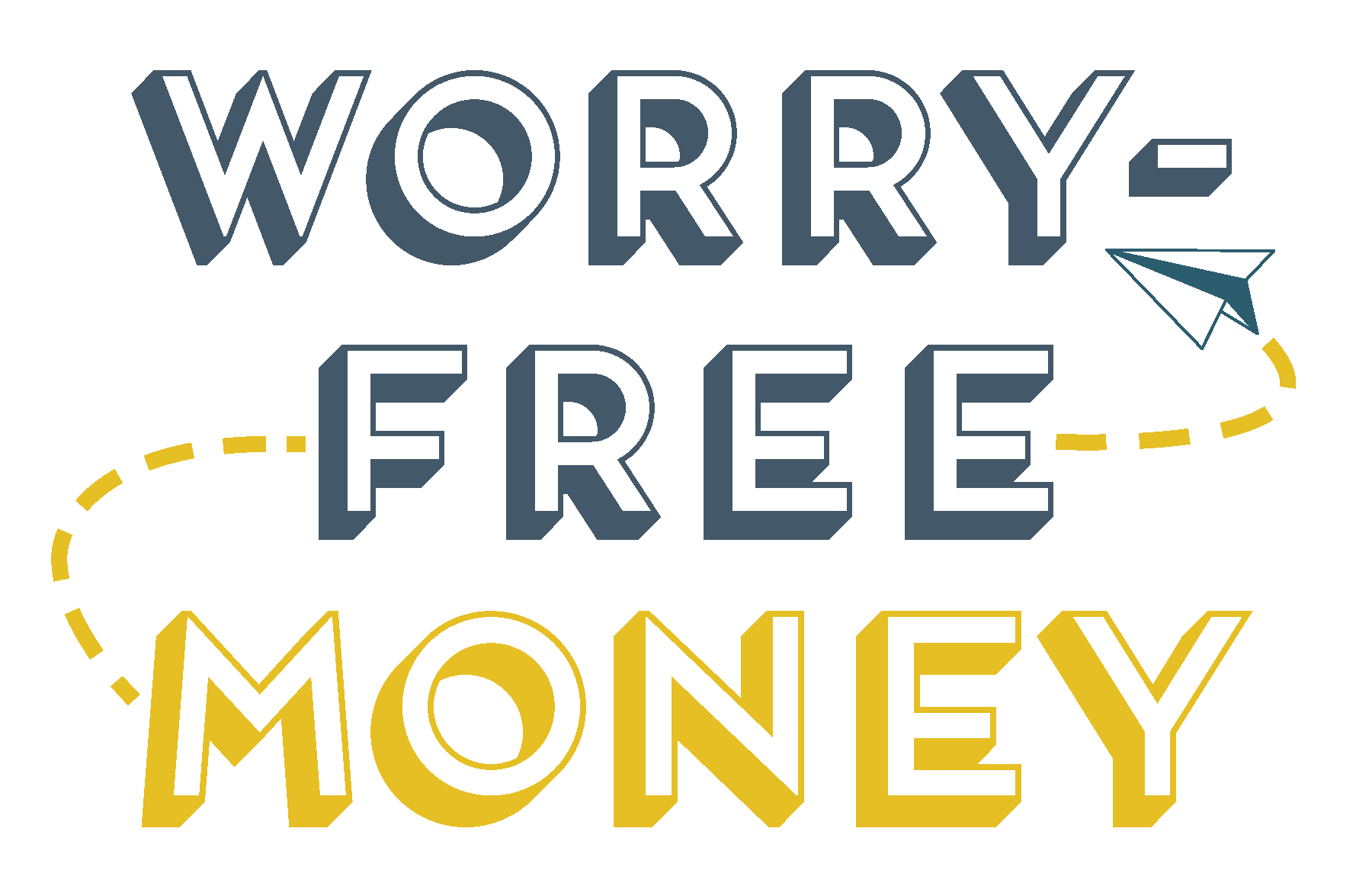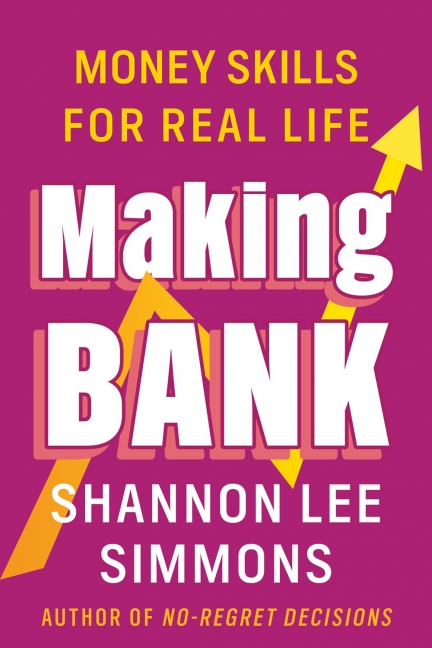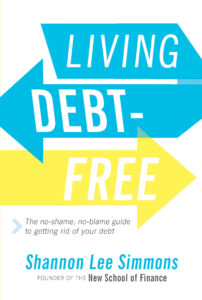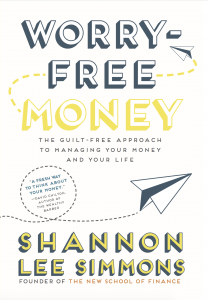Credit Management
Sometimes referred to as Debt Settlement, these are the levers to pay back debt that are more intense because they have a big impact on your credit rating. The ones focused on here are Consumer Proposals and Credit Counselling.
The best thing to do is to get in touch with a trusted Licensed Insolvency Trustee and/or an accredited Credit Counsellor to explore options. Ask the right questions. See definitions below and be sure to check out the Financial Consumer Agency of Canada. The information below is provided by the Financial Consumer Agency of Canada.
Consumer Proposal
What is a Consumer Proposal
A consumer proposal is a formal, legally binding process that is administered by a Licensed Insolvency Trustee (LIT). In this process, the LIT will work with you to develop a “proposal”—an offer to pay creditors a percentage of what is owed to them, or extend the time you have to pay off the debts, or both. The term of a consumer proposal cannot exceed five years.
Payments are made through the LIT, and the LIT uses that money to pay each of your creditors.
When is a Consumer Proposal Appropriate
To find out if a consumer proposal (or a different option) is the right choice for you, set up a meeting with an LIT to discuss your personal circumstances.
The LIT will evaluate your financial situation and explain the pros and cons of the various options that could help you solve your financial problems.
If you decide to submit a consumer proposal, the LIT will work with you to develop a proposal that works for both you and your creditors.
Below is an explanation of what happens when you file a consumer proposal.
What happens when you file a Consumer Proposal
- The LIT will file the proposal with the Office of the Superintendent of Bankruptcy (OSB). Once your proposal is filed, you stop making payments directly to your unsecured creditors. In addition, if your creditors are collecting your salary (garnisheeing your wages) or have filed lawsuits against you, these actions are stopped.
- The LIT will submit the proposal to your creditors. The proposal will include a report on your personal situation and the causes of your financial difficulties.
- Creditors then have 45 days to either accept or reject the proposal. They can also do this either prior to or at the meeting of creditors, if one is held.
If your consumer proposal is accepted
If your consumer proposal is accepted, you will
- be responsible for paying either a lump sum or periodic payments to the LIT;
- be required to adhere to any other conditions in the proposal;
- retain your assets (provided you make your payments to your secured creditors); and
- be required to attend two financial counselling sessions.
If your consumer proposal is not accepted
If your consumer proposal is not accepted, you can
- make changes to the proposal and resubmit it;
- consider other options for solving your financial problems; or
- declare bankruptcy.
How will a consumer proposal affect my credit rating?
Generally, a person who declares bankruptcy or submits a consumer proposal is assigned the lowest possible credit score.
Information that affects your credit score is usually removed from your records after a certain period of time, depending on the type of information and where you live. Similarly, depending on which province you live in, the proposal will be on your credit report for the duration of the proposal’s term, plus a few years after.
Your ability to obtain and use credit after a consumer proposal depends on convincing lenders of your personal financial maturity and ability to repay the debt; there are no guarantees—no one is required to give you credit.
Once you have fulfilled the terms of your consumer proposal, you will receive a “certificate of full performance.” To ensure your credit record is updated, send a copy of this document to the major credit-reporting agencies. Be sure to keep all of your proposal-related documents for reference by future lenders.
If you meet the conditions of your proposal
If you meet the conditions in full, you will be legally released from the debts included in the proposal.
However, if you are making monthly payments and miss three payments, or if your payment schedule is less frequent but your last payment is more than three months past due, the proposal will be deemed annulled. This means your creditors will be able take action to collect the money you owe them, unless the court has ordered otherwise, or unless an amendment to the consumer proposal has been filed. A consumer proposal that has been deemed annulled may be revived under certain conditions.
To Find out about Bankruptcy or Consumer Proposal, use the Financial Consumer Agency of Canada’s Find a Trustee Tool https://www.ic.gc.ca/eic/site/bsf-osb.nsf/eng/h_br01224.html
For more information on Bankruptcy, please go HERE.
Credit Counselling
You can sign up for a debt management plan through a credit counselor.
A debt management plan is an informal proposal your credit counselor makes to your creditors on your behalf. It allows you to consolidate your debts into one affordable monthly payment. In some cases, you may not have to continue to pay interest on your debt. You’ll usually have to repay 100% of your debts.
Before you enroll in a debt management plan, you’ll meet with a credit counselor. The credit counselor will assess your situation, help you make a budget and give you some tips about dealing with your debt.
If you decide to sign up for a debt management plan, a credit counselor will contact your creditors on your behalf to ask if:
- they will reduce or eliminate the interest rate or fees on your debts
- they will extend the period of time which you have to repay your debt
A debt management plan is a voluntary agreement between you and your creditors. Creditors who choose not to work with you on a debt management plan may continue to contact you or garnish your wages or take money from your bank account if you have a bank account with them and you owe them money.
If some creditors don’t accept your debt payment plan, your credit counselling agency will usually suggest you make payment arrangements directly with those creditors.
If your creditor accepts the payment terms of your plan, you’ll then make regular payments to the credit counselling agency and the agency will use your payments to pay off your creditors according to the plan.
Keep in mind that creditors can still use collection agencies to recover the money you owe. Your credit counsellor can ask creditors to stop, but they have no legal power to make them stop.
There are also other options if you have serious financial problems. You may consider working with a licensed insolvency trustee. A trustee is licensed by the federal government’s Office of the Superintendent of Bankruptcy to handle debt problems under consumer proposals and bankruptcies. Both are legal processes you follow to pay off your debt.
When you meet with trustees, they will first assess your financial situation. They will typically provide this financial assessment for free. If it suits your financial situation, you may then consider working with them for a consumer proposal or bankruptcy.
Will it save you money
A lower interest rate will save you money. But the credit counselling agency may charge you a fee for its services.
Compare the credit counselling agency’s fees with what you’d save in interest on the debt management plan. If the agency’s fees are more than what you’d save, you may be better off seeking help from other sources.
Be aware that some credit counselling agencies may promote a debt management plan over other options, because they make money from creditors by getting a percentage of the debt that they recover.
You may consider other options, such as a consumer proposal or even bankruptcy. A licensed insolvency trustee can typically offer you free advice on these two options. Credit counselors are unable to offer consumer proposals or manage bankruptcies.
How much it costs
Make sure you know what fees they charge. These can include:
- initial set-up fee
- monthly maintenance fee
- application fee
- membership fee
- upfront fee or fee for each creditor
Ask if they will reduce or eliminate fees if you can’t afford to pay them.
The type of debts covered
Debt management plans may not cover all types of debt. You’ll need to continue to make payments on any debt not included on your debt management plan.
They usually cover debts, such as:
- credit cards
- lines of credit
- unsecured loans
They usually don’t cover debts such as:
- Canada Revenue Agency debt
- Quebec Revenue Agency debt
- student loans
- car loans
- mortgages
Debt management plans usually don’t cover secured debts because the company you owe money to could take your asset if you don’t make payments.
Make sure that the credit counselor explains exactly which of your debts the program will cover.
What will happen to your credit report
Entering a debt management plan will have a negative impact on your credit report. Your credit score will decrease. There will be a note on your credit report that you’re making regular payments on your debts through a special arrangement with a credit counselor.
This information will stay on your report for two years after you pay your debts. During this period, anyone you allow to access your credit report will see this information. This includes creditors, landlords and employers.
While a debt management plan may have a negative impact on your credit report in the short-term, in the long-term it may help you improve your credit report faster because you’re making regular payments and reducing your debt.
Are you able to use credit
You’re often able to use credit during a debt management plan, however, credit counselors will usually recommend you don’t take on any new debt. The counselor may ask you to sign a disclosure statement to confirm you’ll not get or use credit.
After you’ve completed your debt management plan, a good way to rebuild your credit is to apply for a secured credit card.
For more information, go to Financial Consumer Agency of Canada site.






